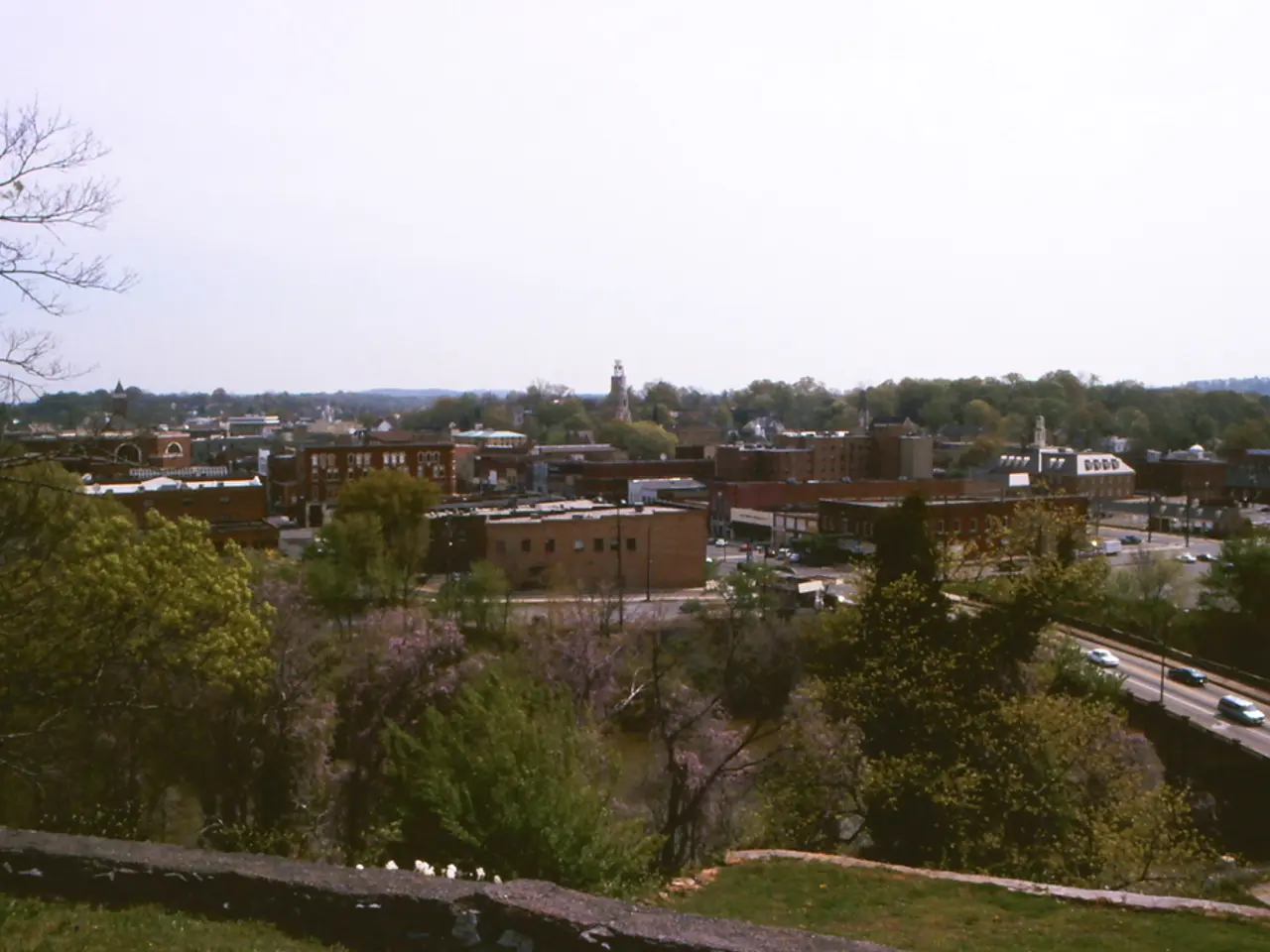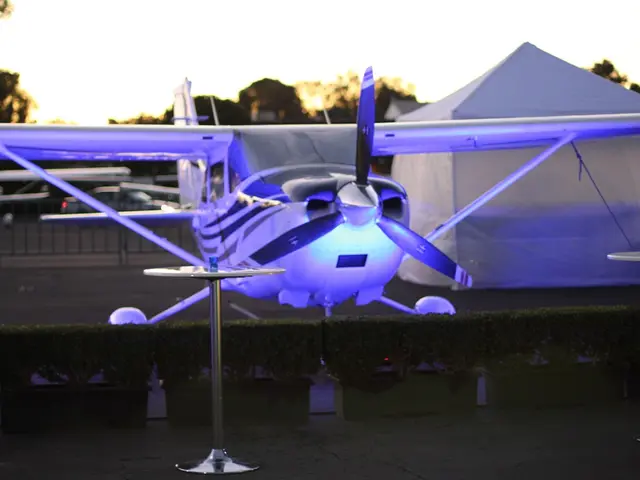Jakarta, once famously recognized as the country's capital, is presently in the process of a transformative makeover, driven by a global-oriented perspective.
Jakarta, the bustling capital city of Indonesia, has a rich and diverse history that dates back centuries. Originally a Hindu port city known as Sunda Kelapa, Jakarta's evolution into a modern metropolis is a testament to its resilience and adaptability.
From its early days as a trading hub under the Dutch colonial rule, where it was known as Batavia and served as the principal port and trading post in Southeast Asia, Jakarta has maintained its position as a leading commercial and financial center. Today, it continues to be Indonesia’s economic heart, attracting international business and migrants alike.
Jakarta's cultural heritage is deeply rooted in its multi-ethnic settlement, which has seen influences from various ethnic groups across Indonesia and beyond. The Betawi, the indigenous people of Jakarta, have developed a unique culinary tradition that blends Chinese, Arab, Indian, and European flavors. The city actively preserves traditional arts like Wayang Kulit puppetry (UNESCO intangible heritage) and promotes folk games to sustain its cultural heritage.
As a political capital, Jakarta has served as the administrative centre for centuries, first under Dutch colonial rule, then post-independence as the national capital and political centre. Despite plans to relocate the capital to Nusantara in Kalimantan, Jakarta remains vital for governance, diplomacy, and commerce.
Jakarta's strategic location and economic importance have made it a key player in regional and international relations. Its museums, festivals, and culinary scene reflect the diverse traditions of the archipelago and serve as platforms for cultural dialogue and education. The city's commitment to sustainable development and climate resilience is reflected in its efforts to build a more sustainable and climate-adaptive future.
In recent years, Jakarta has taken steps to expand low-emission zones beyond Kota Tua and Tebet Eco Park, aiming to achieve net-zero emissions by 2050. The city is also partnering with organizations such as C40 and ICLEI to address climate change, improve green building, energy efficiency, and public transport integration.
Jakarta's role in global discourse on climate resilience and sustainable development is growing, positioning it as a key player in shaping these issues. The city has co-hosted international forums, such as the International Mayors Forum with the UN Department of Economic and Social Affairs, promoting dialogue around the UN Sustainable Development Goals (SDGs).
Infrastructure investments are reshaping Jakarta's future, with initiatives like Jakarta Smart City promoting smarter governance, urban services, and sustainable urban development. The city is a member of Urban 20, an official engagement group of the G20, joining city mayors from around the world to address shared urban challenges, particularly those related to climate resilience.
Despite its urbanization, Jakarta remains committed to preserving its cultural roots. Annual events like Lebaran Betawi celebrate Betawi heritage, and areas like Setu Babakan function as a cultural center and living museum. Iconic cultural symbols like the ondel-ondel parade through the streets during celebrations, serving as vibrant reminders of Jakarta’s living traditions.
In essence, Jakarta's historical evolution from a port city to a megacity embodies Indonesia's broader shifts culturally, politically, and economically, continuing to influence regional and international relations through trade, diplomacy, and cultural exchange. Jakarta invites the world to help shape a more connected urban future, demonstrating its enduring relevance and resilience.
References
- Britannica, T. E. (n.d.). Batavia. Retrieved February 16, 2023, from https://www.britannica.com/place/Batavia
- CIVITAS, (n.d.). Jakarta. Retrieved February 16, 2023, from https://www.civitas.eu/cities/jakarta
- Embassy of the Republic of Indonesia, (n.d.). History of Jakarta. Retrieved February 16, 2023, from https://jakarta.embassyofindonesia.org/history-of-jakarta/
- Indonesia.travel, (n.d.). Jakarta. Retrieved February 16, 2023, from https://www.indonesia.travel/en/destination/jakarta
- Unesco, (n.d.). Wayang Kulit. Retrieved February 16, 2023, from https://ich.unesco.org/en/RL/wayang-kulit-00000








